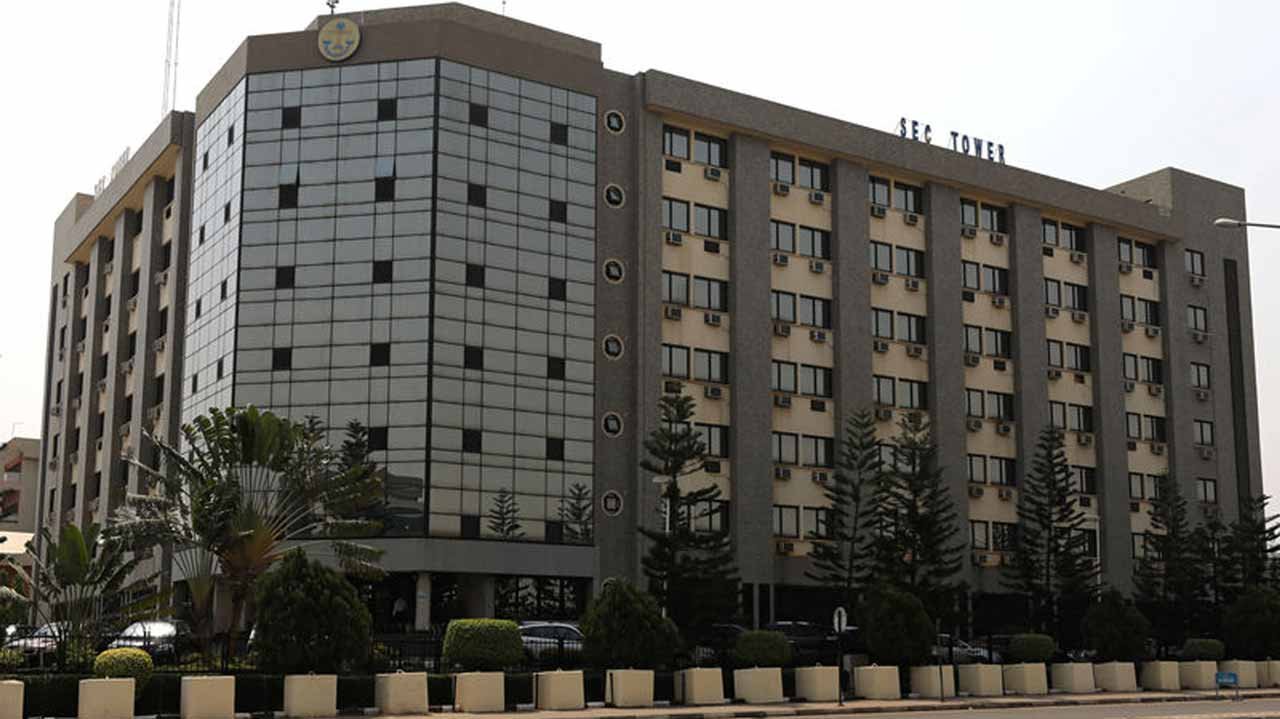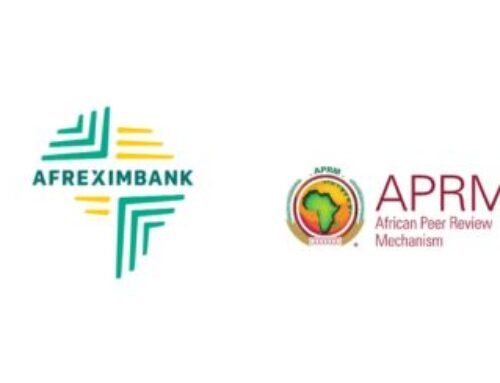
The Securities and Exchange Commission (SEC) has said the value of state bonds issued and registered by the commission from 1978 to 2022 has risen from N20 million to N1.13 trillion in the debt capital market.
This, the SEC said, followed the notable reforms in the debt capital market introduced by the commission as part of steps to protect investors and promote confidence in the market, by strengthening its oversight function on credit rating agencies through the issuance of new regulations and amending existing ones to improve the quality and transparency of the entire credit ratings.
The Director-General of SEC, Lamido Yuguda, said this at the 2023 International Rating Webinar, organised by a credit rating agency, DataPro, where he mentioned that the commission was committed to ensuring that registered rating agencies operate fairly and transparently.
According to him, the initiatives have enhanced the average issuance period and improved the price discovery process for the debt issues. As a result, the SEC boss maintained that the value and volume of debt issuances by sub-national and corporates have tremendously increased over the years.
On the 10-year capital market master plan, which was launched in 2014 and revised in November 2022, Yuguda said it showed several initiatives aimed at further deepening the debt capital market through innovations that could unlock private capital for various infrastructural projects that the sub-nationals could leverage.
He added that he was hopeful that the synergy between the sub-national governments and credit rating agencies would potentially play a major role in promoting sustainable infrastructural developments, creating a favorable investment climate and advancing the country’s quest for rapid transformation.
Speaking on the ‘Role of Sub-nationals and Credit Rating Agencies in Infrastructure Development’, Chief Executive Officer of Nigeria Mortgage Refinance Company Plc, Kehinde Ogundimu, said the world spends more than $2.5 trillion yearly on infrastructure, an amount he said was significantly lower than $3.7 trillion a year that would be needed through 2035 to keep pace with projected Gross Domestic Product (GDP) growth.
Noting that the development of infrastructure in cities and regions globally was critical to economic growth and social well-being, he said securing the funding needed to support infrastructure development was a major issue for governments and policymakers.
However, he said mobilising private funding for infrastructure projects was crucial to bridging the infrastructure gap across the globe.
“Consequently, we need improved transparency in the infrastructure project generation process, higher certainty concerning the framework conditions for project execution and reduced risk for the operation phase. A long-term infrastructure pipeline and better, broader and more independent cost-benefit analysis are the major levers to pull to accomplish this goal,” he said.
Noting that the economic benefits associated with infrastructure investment can be powerful and sustainable, Ogundimu said increased infrastructure investment could bring a wide range of long-lasting and mutually reinforcing benefits.
“In the short term, spending on infrastructure projects can create jobs and increase real GDP growth, while the ongoing maintenance and repair activities that are necessary to support infrastructure systems can create permanent and well-paying jobs for the middle class,” he said.
Earlier, Managing Director of DataPro, Abimbola Adeseyoju, said Nigeria still has a long way to go to fully reap the benefit from the veritable financing options available to entities, sub-nationals and sovereigns when it comes to infrastructure development.
According to him, “the faster we accelerate infrastructure development on our continent, the quicker we can stop the brain drain and lift our people out of poverty. The issue of infrastructure development is closely tied to the quality of life.”
The goal of the webinar, he added was to provide a yearly platform for all stakeholders within the capital market and others in affiliated sectors of the economy to brainstorm on how the African continent and by extension the West African countries and Nigeria could utilise the value proposition of the credit rating industry as an enabler of economic development and prosperity.






Leave A Comment